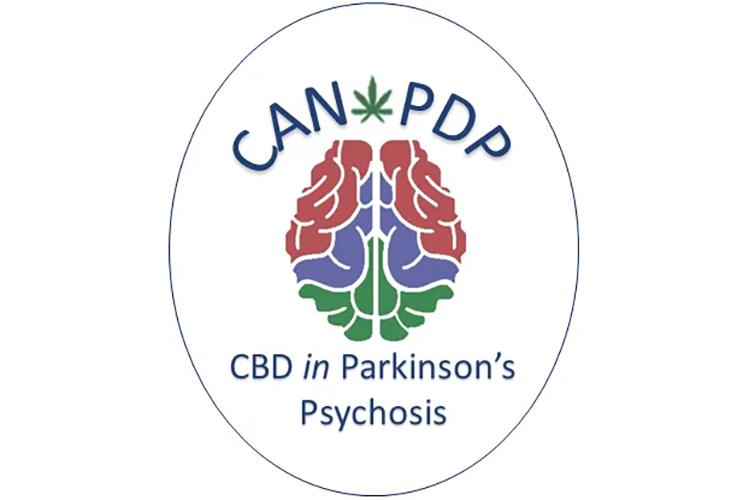Symptoms of psychosis such as visual hallucinations and delusions can be distressing for people with Parkinson’s and their families. Treatment usually involves reducing Parkinson’s medications or offering antipsychotic medications which may have side effects or burdensome monitoring requirements.
The CAN-PDP study is a research trial investigating whether Cannabidiol (CBD) is a safe and well-tolerated treatment for people with Parkinson’s Disease Psychosis. The study aims to find out if CBD can help reduce hallucinations, delusions, and other symptoms of psychosis in people with Parkinson’s Disease or Parkinson’s Disease Dementia.
CBD is a non-addictive part of the cannabis plant that may have antipsychotic properties. We are looking for people with Parkinson’s who have also been experiencing bothersome visual hallucinations or delusions, for at least one week. These may be visual hallucinations that the person experiences without realising they are not real. Participants must have a carer or study partner who can support them through the study, to be eligible to take part.
Those eligible to take part will attend 6 in-person visits to the Clinical Research Facility at the Western General Hospital, Edinburgh (transport can be arranged). Participants will be randomly allocated to either receive Cannabidiol 400mg/day for the first 6 weeks, then increased to 800 mg/day for the last 6 weeks, or to a matched placebo, for the 12-week study period.
CAN-PDP is led by King's College London. See more information on their website: Cannabidiol for Parkinson’s Disease Psychosis (CAN-PDP) Trial
CAN-PDP page on the NHS Lothian Neuroprogressive and Dementia Network website


